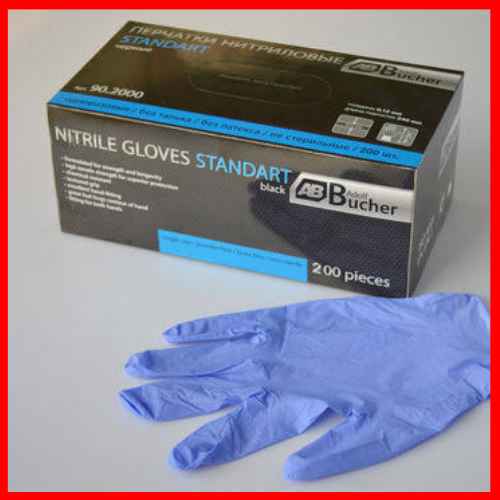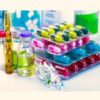Although there are many practicals in Chemistry science, the titration experiment stands out for students, especially in high school. Here is our list of common chemistry titration apparatuses and their uses in the laboratory.
First of all, Introduction:
What is Titration?
Titration is a laboratory technique used to determine the concentration of a substance in a solution.
It involves the gradual addition of a reagent of known concentration (called the titrant) to a solution of the substance being analyzed (called the analyte) until the reaction between the two is complete.
The point at which the reaction is considered complete is called the equivalence point.
Why is titration important to the science student?
Titration helps the student to determine the concentration of a substance in a solution. Also, it develops essential laboratory skills such as accurate measurement, proper handling of equipment, and meticulous record-keeping.

Moreover, students are able to know concepts such as pH, pOH, equivalence points, and buffering capacity which is essential for understanding many biological, environmental, and chemical processes.
Furthermore, titration teaches students the importance of laboratory safety protocols. Students get to learn about the proper handling of chemicals, wearing protective equipment, and understanding potential hazards associated with certain substances. These safety practices are essential in any scientific setting.

Chemistry Titration Apparatus List and Their Uses
Here is our list of Common Chemistry Titration Apparatus List and Their Uses. You may procure them from any of our outlets.

- Lab coat
- Hand gloves
- Wash bottle
- Analytical balance
- White tile
- Indicator – methyl orange or phenolphthalein
- Burette
- Retort stand & clamp
- Pipette
- Dropper
- Beaker
- Conical Flask
- Funnel
- Stirring rod
- Acid – Hydrochloric, sulphuric
- Base – Sodium Chloride, Sodium Hydroxide
- Litmus – Paper
- Glassware Brush
